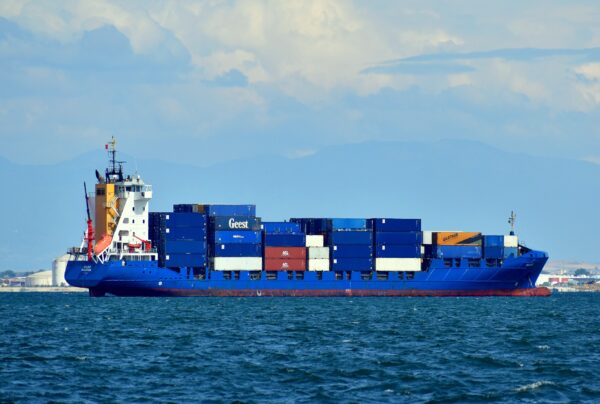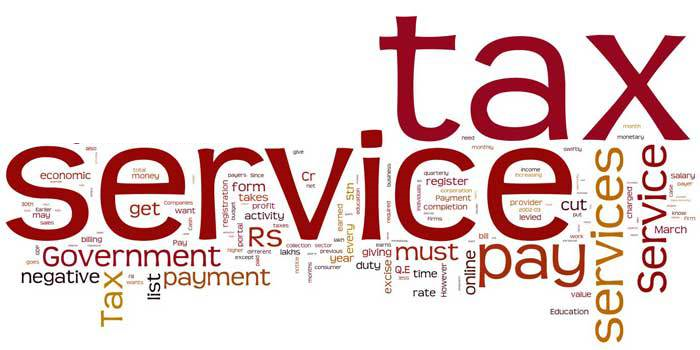Karnataka High Court has in its recent ruling in the case of M/s Mangalore Refinery and Petrochemicals Limited v. the State of Karnataka has inter alia held that penalty cannot be imposed merely because it is unlawful to do so.
Facts of the Case:
- The petitioner M/s Mangalore Refinery and Petrochemicals Limited is engaged in the activity of manufacture and sale of petroleum products.
- The re-assessment proceedings were initiated against the petitioner for the period 2009-10 and books of accounts, returns, etc. were verified. Thereafter, the proposition notice dated 29.02.2012 was issued under Section 39(1) of the Act for the periods August 2009, January 2010 and March 2010 proposing to disallow the input tax credit availed on the capital goods for Phase III on the ground that credit cannot be availed prior to commencement of production. In response to the aforesaid notice, the petitioner supplied reply on 13.03.2012 in which inter a/ia it submitted that the petitioner was eligible to avail input tax credit as the petitioner was effecting sales of taxable goods during the impugned period and has satisfied the conditions laid under Section 12(2) of the Act. In terms of the proposition notice, the Assessing Authority passed an order of re-assessment dated 13.06.2012 by which the credit availed by the petitioner was disallowed. The petitioner paid the entire amount of input tax credit under dispute. Thereafter, the petitioner, for a period from March 2013 to March 2016, made payment under liability. Thereafter, an order of rectification was passed on 25.06.2012.
- The assessee thereupon filed an appeal before the Joint Commissioner of Commercial Taxes which was dismissed by an order dated 24.05.2017 inter a/ia holding that the petitioner purchased capital goods for expansion of Phase III and the eligibility to claim input tax credit under the Act is only after commencing of production or sale of goods from expansion Unit III of the petitioner. It was further held that the expression ‘or’ used in Section 12(2) of the Act is disjunctive and only relates to expansion unit of Phase III of the petitioner. Accordingly, it was held that the assessee has not fulfilled the conditions laid down under Section 12(2) of the Act and the appeal preferred by the petitioner was dismissed. In the aforesaid factual background, this appeal has been filed.
Order of Karnataka High Court:
The Hon’ble Karnataka High Court perused Section 12 of the Karnataka Value Added Tax Act, 2003 (“KVAT Act”) and stated the deduction of input tax has to be allowed on fulfilment of one of the conditions namely:
- after commencement of commercial production,
- sale of taxable goods and
- sale of any goods in the course of export out of the territory of India by the registered dealer
Further, the Court noted that none of the conditions prescribed in Rule 133 of the Karnataka Value Added Tax Rules, 2005 (“KVAT Rules”) provide that each unit of the petitioner has to be an independent unit to avail of the benefit of input tax.
Held that, the Petitioner was effecting sale of taxable goods on payment of VAT / CST as applicable and was effecting sale of goods in the course of export out of the territory of India. Therefore, the Petitioner had satisfied the conditions laid down in Section 12(2) of the KVAT Act and is eligible to avail of the benefit of ITC.
The finding recorded by the Joint Commissioner of Commercial Taxes as well as by the Tribunal that the petitioner cannot be sustained in the eye of law as the expression ‘or’ used in Section 12(2) of the KVAT Act is not conjunctive but is disjunctive.
Further, held that since the petitioner had input tax credit there is no element of any mens rea that the Petitioner had the intention to evade tax. The Petitioner had paid taxes according to the information furnished in the return and therefore, it should not have been penalized subsequently after the assessment proceedings are finalized and the amount of tax is determined. It is well settled in law that penalty cannot be imposed merely because it is lawful to do so [See Hindustan Steel P. Ltd vs State of Orissa(1930) 25 STC 211 (SC)). Since the Petitioner was entitled to ITC, therefore, the question of levy of penalty and interest does not apply.
READ / DOWNLOAD ORDER:
***
Follow us for free tax updates : facebook Twitter
Subscribe our portal and get FREE Tax e-books, quality articles and updates on your e-mail.
Resolve your GST queries from national level experts on GST free of cost.
Frah Saeed is a law graduate specializing in the core field of indirect taxes and is the Co-founder of taxwallah.com. She has authored many publications on GST and is into full-time consultancy on GST to big corporates. She as a part of taxwallah.com heads a team comprising of Chartered Accountants and Advocates and plays a key role in our mission to disseminate GST knowledge to all.



